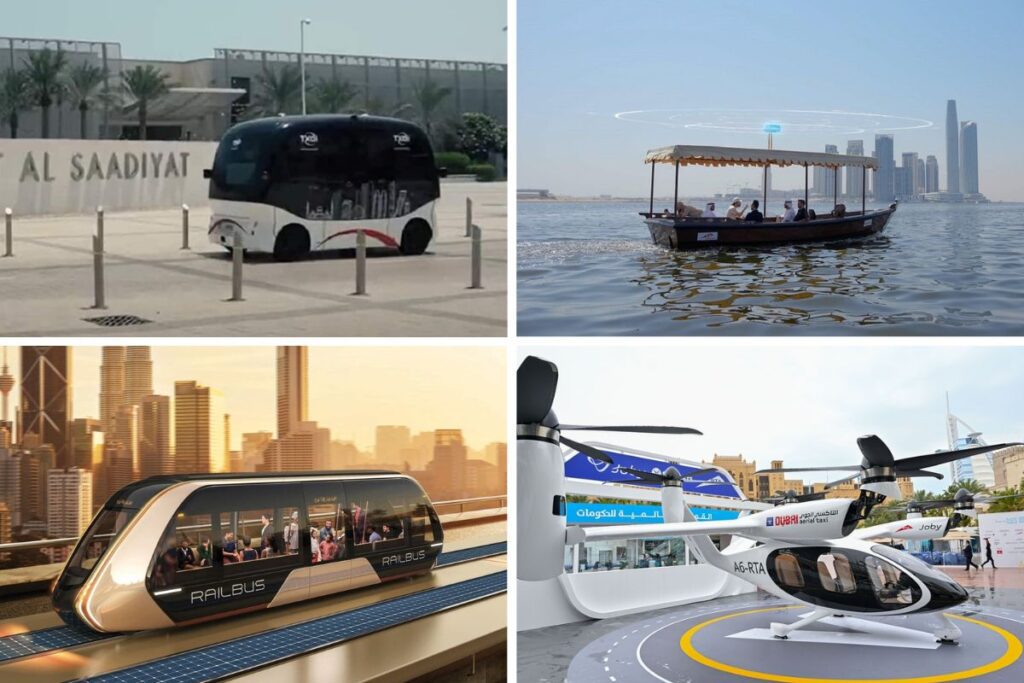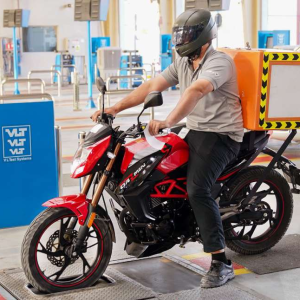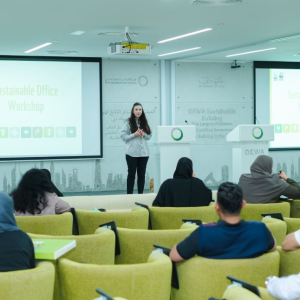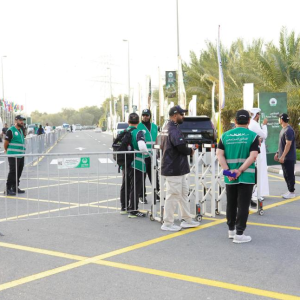The Electric & Autonomous Transportation Revolution
The UAE is rapidly becoming a hub for sustainable, high-tech transportation solutions. With the government’s push for green technologies, the country is embracing electric and autonomous vehicles (EVs) as the future of urban mobility. Investments in EV infrastructure and ambitious plans for autonomous driving are shaping a new era of transportation that promises to change the way people travel. Dubai, in particular, is taking bold steps to make its roads smarter and greener, with a focus on reducing carbon emissions and improving the overall quality of life for residents.
UAE’s Investment in Electric Vehicles
In recent years, the UAE has made significant strides in the development of electric vehicle infrastructure. The government has focused heavily on building the necessary charging stations across the nation, ensuring that electric vehicles (EVs) are a viable option for residents. Dubai, in particular, has become a leader in sustainable transport solutions, with thousands of EV charging points being installed in key locations.

Dubai’s commitment to sustainability can be seen in its ambitious Green Mobility Strategy, which aims to reduce the city’s carbon footprint. The introduction of initiatives like the “Green Permit” for electric vehicles and the integration of EVs into public transportation options demonstrate the city’s determination to reduce greenhouse gas emissions while also fostering the growth of clean energy.
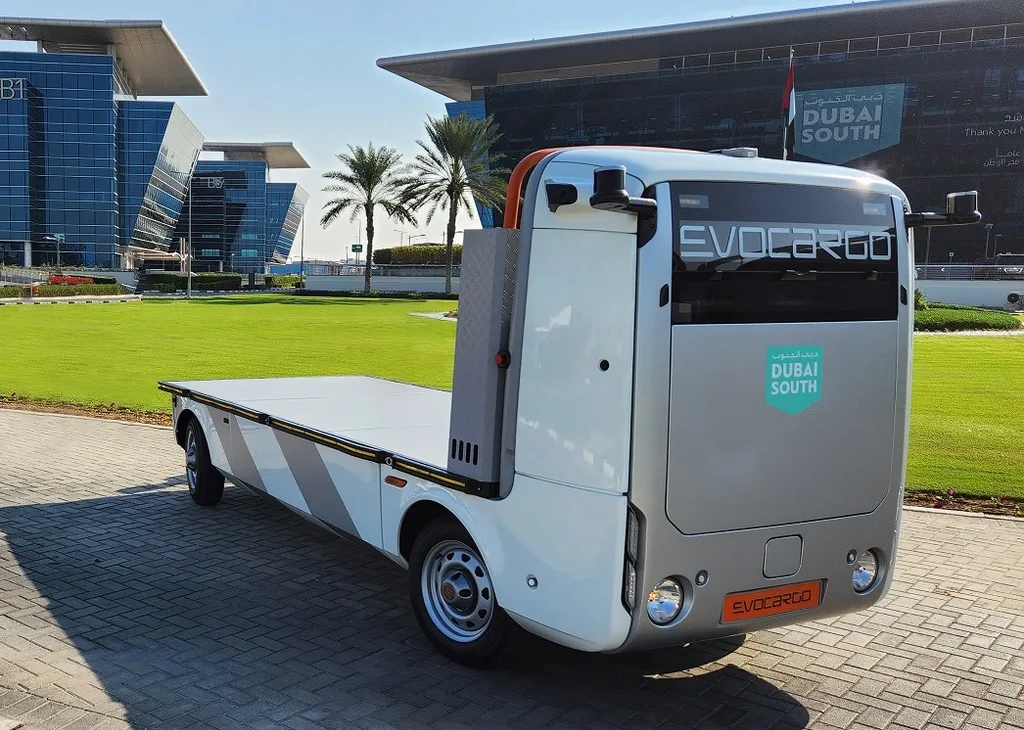
Additionally, the UAE government has introduced various incentives for residents to purchase electric vehicles, such as exemptions from toll charges and parking fees. This, combined with the growing number of electric car models available on the market, has made EVs more accessible and appealing to the average consumer.

Dubai’s Vision for Autonomous Vehicles
Dubai is not only leading the charge in electric vehicles but also in the realm of autonomous cars. The UAE government has set an ambitious target to have 25% of all vehicles in Dubai be self-driving by 2030. This vision is part of the city’s broader goal to create a futuristic, smart city that embraces cutting-edge technologies to improve the lives of its residents.
The Dubai Autonomous Transportation Strategy, launched in 2016, aims to reduce road accidents, lower traffic congestion, and make public transportation more efficient. Autonomous vehicles are seen as a key solution to achieving these goals. With self-driving cars, commuters can enjoy safer, more convenient, and more efficient travel.
Self-driving technology has the potential to transform every aspect of urban mobility. For instance, autonomous vehicles could provide greater accessibility for people with disabilities or those unable to drive. Additionally, the seamless integration of autonomous cars with other smart city technologies, such as traffic management systems, can further enhance the efficiency of transportation networks.
The Benefits of Electric and Autonomous Cars
The rise of electric and autonomous cars brings with it a range of environmental, economic, and societal benefits.
Environmental Impact
Electric vehicles (EVs) are a cleaner alternative to traditional gasoline-powered cars. By reducing carbon emissions, EVs contribute to improved air quality and help combat climate change. The UAE’s reliance on renewable energy sources, such as solar power, further enhances the environmental benefits of EVs. As more people switch to electric cars, the country will reduce its dependency on fossil fuels and move closer to achieving its sustainability goals.
Economic Benefits
The widespread adoption of electric and autonomous cars has the potential to boost the UAE’s economy. It can lead to job creation in the electric vehicle industry, from manufacturing and maintenance to the development of charging infrastructure. Moreover, the integration of autonomous vehicles into public transport systems can improve efficiency and reduce operational costs.
Traffic and Safety Improvements
Autonomous vehicles are designed to communicate with each other and with traffic management systems. This capability reduces the likelihood of accidents caused by human error, improving overall road safety. In addition, self-driving cars can optimize traffic flow, reducing congestion and making travel more efficient for everyone on the road.
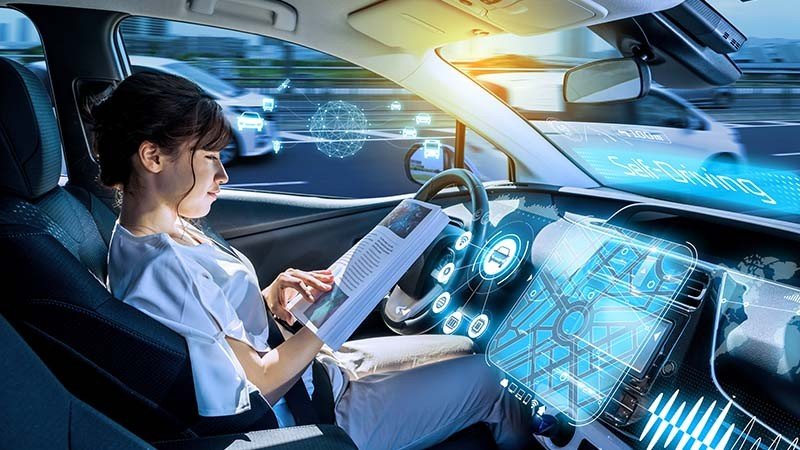
The Role of Artificial Intelligence and Smart Cities
Artificial Intelligence (AI) is the backbone of autonomous driving technology. AI enables vehicles to make real-time decisions based on input from sensors and cameras, such as detecting pedestrians, analyzing traffic signals, and calculating the safest routes. The integration of AI into vehicles is a game-changer, paving the way for a world where transportation is not only safer but also smarter.
Dubai’s strategy to incorporate smart technologies into its transportation network aligns with its broader vision of becoming a leading smart city. By incorporating AI, big data, and other cutting-edge technologies, Dubai aims to provide a seamless, futuristic urban experience for its residents. This includes everything from optimizing traffic flows to ensuring that vehicles and infrastructure are connected and can adapt to changing conditions.
Challenges and Opportunities Ahead
Despite the UAE’s ambitious plans, several challenges must be addressed before electric and autonomous cars become the dominant mode of transportation. One of the biggest hurdles is the need for continued investment in infrastructure. While EV charging stations are becoming more common, there is still a need to expand coverage, especially in remote areas, to make electric cars more accessible.
Additionally, the widespread adoption of autonomous vehicles requires the development of robust regulatory frameworks. The government will need to ensure that safety standards are met and that public trust in self-driving technology is established. There are also concerns around data privacy and cybersecurity, as autonomous vehicles rely heavily on data transmission and connectivity.
However, these challenges present significant opportunities. The UAE has always embraced innovation and has the resources to overcome these obstacles. By investing in research and development and collaborating with international experts, the country can continue to lead the world in green, autonomous transportation.
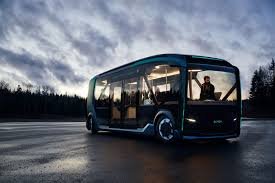
Conclusion: A Green, Smart Future for the UAE
The UAE’s investment in electric and autonomous vehicles is part of a larger vision to build a smarter, greener, and more sustainable future. As the country works toward reducing its carbon footprint and improving the quality of life for its citizens, electric and autonomous cars will play a critical role in shaping the transportation landscape.
With Dubai’s goal of making 25% of its vehicles self-driving by 2030, the future is clear: the UAE is well on its way to becoming a global leader in sustainable, smart transportation. This bold vision not only benefits the environment but also presents exciting opportunities for economic growth, technological advancement, and improved urban living.
As the country continues to pave the way for the future of mobility, residents can look forward to a more sustainable and efficient transportation system, ushering in an era of innovation, safety, and convenience.
Sources:
- UAE Government’s Green Mobility Strategy
- Dubai’s Autonomous Transportation Strategy
- Sustainability and Clean Energy in the UAE
You can also read about, Dubai’s Bold Vision.

